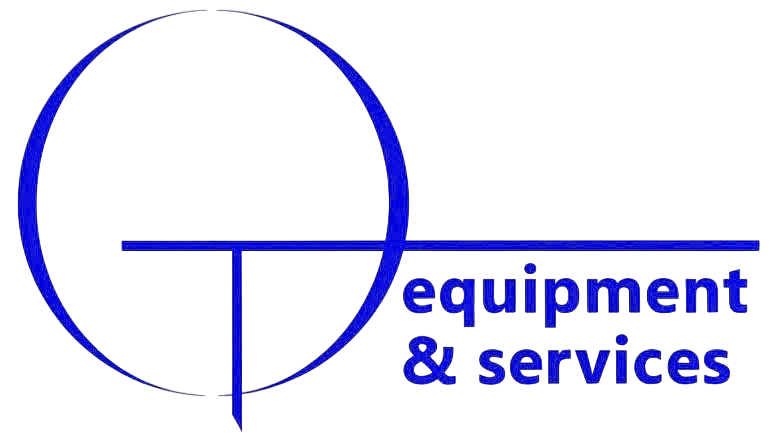The Importance of Adhering to Air Compressor Oil Change Cycle and Consequences if Ignored

The air compressor lubricant is an essential component, playing a crucial role in lubrication, cooling, sealing, and corrosion prevention for the Air End. For oil-injected screw compressors, strictly adhering to the Oil Change Interval is one of the most critical Preventive Maintenance (PM) tasks. Ignoring this schedule not only reduces performance but also exposes the system to the risk of Catastrophic Failure with colossal repair costs.
1. The Multi-functional Role and Degradation of Compressor Oil
Air compressor oil is more than just a lubricant. It performs several vital technical functions:
- Lubrication and Sealing: It reduces friction between the two rotors while creating a sealing film, preventing compressed air back-leakage and maximizing Compression Efficiency.
- Cooling: It absorbs the heat generated during the compression process and transfers it to the Oil Cooler, helping to control the system's Operating Temperature.
- Corrosion and Rust Prevention: Additives in the oil protect metal components from moisture and oxidation.
Oil Degradation
After a period of operation (typically 4,000 to 8,000 hours, depending on the oil type), air compressor oil degrades due to:
- Oxidation: High temperatures break down the oil's chemical structure, forming carbon deposits and Sludge.
- Contamination: Dirt, moisture (condensed water), and abrasive particles from operation reduce lubricating capability and increase the oil's acidity.
- Additive Depletion: Anti-rust, anti-foam, and thermal stability agents are consumed.
2. Severe Consequences of Skipping the Oil Change Cycle
2.1. Air End Failure
This is the most expensive consequence. When the oil loses its lubricating capability, friction between the two rotors increases sharply.
- Increased Temperature: The air end temperature exceeds the safe limit (over $105^{\circ}C$), leading to machine Shut Down and mechanical deformation.
- Bearing Failure: This is the main cause of Air End failure. Oil that has lost its protective properties will cause the Bearings to wear quickly, resulting in costly Air End Overhaul or replacement, which often accounts for 40-60% of the cost of a new machine.
2.2. Reduced Energy Efficiency and Increased Costs
- Increased Filter Differential Pressure: Oil containing a lot of sludge clogs the Separator Filter and Oil Filter, causing increased Differential Pressure. This forces the Air Compressor to work harder to achieve the same output pressure, leading to a spike in Energy Consumption.
- Compressed Air Contamination: Oxidized oil creates colloidal carbon deposits that can easily bypass the separator filter and contaminate the compressed air line, damaging downstream air treatment equipment like Air Dryers and Fine Filters.
3. Solutions and Technical Recommendations
To ensure the Reliability and lifespan of the air compressor system, lubricant management needs to be professionalized.
3.1. Adhere to Running Hours-Based Cycle
Always follow the recommendations of the Original Equipment Manufacturer (OEM) or the oil supplier.
Standard Cycle:
- Mineral Oil: Typically 2,000 - 3,000 hours.
- Synthetic Oil: Typically 4,000 - 8,000 hours.
- Replacement should be based on the "Running Hours Cycle" or the "Time Cycle" (12 months), whichever comes first.
3.2. Implement Oil Analysis
For large systems or machines operating in harsh conditions, Predictive Maintenance (PdM) through Oil Analysis is essential.
- Purpose: Analyze Viscosity, water content, TBN (Total Base Number), and the level of Wear Metals like Iron, Copper, Chromium.
- Benefit: Helps safely extend the PM cycle if analysis results show the oil still meets standards, or provides early warning of an impending Air End failure before it occurs.
Conclusion
Air compressor oil is a small investment that yields significant benefits in protecting Assets. Saving money by extending the oil change cycle will lead to increased operating costs and the risk of sudden failure, causing severe production losses. Establish a strict Preventive Maintenance (PM) program, use OEM Approved Lubricants, and consider implementing Oil Analysis to manage air compressor performance optimally.
Quoc Thinh Industrial provides comprehensive Maintenance services, including the supply of specialized compressor oils and periodic Oil Analysis, helping to optimize the MTBF (Mean Time Between Failures) for your system.

 VN
VN
 EN
EN





